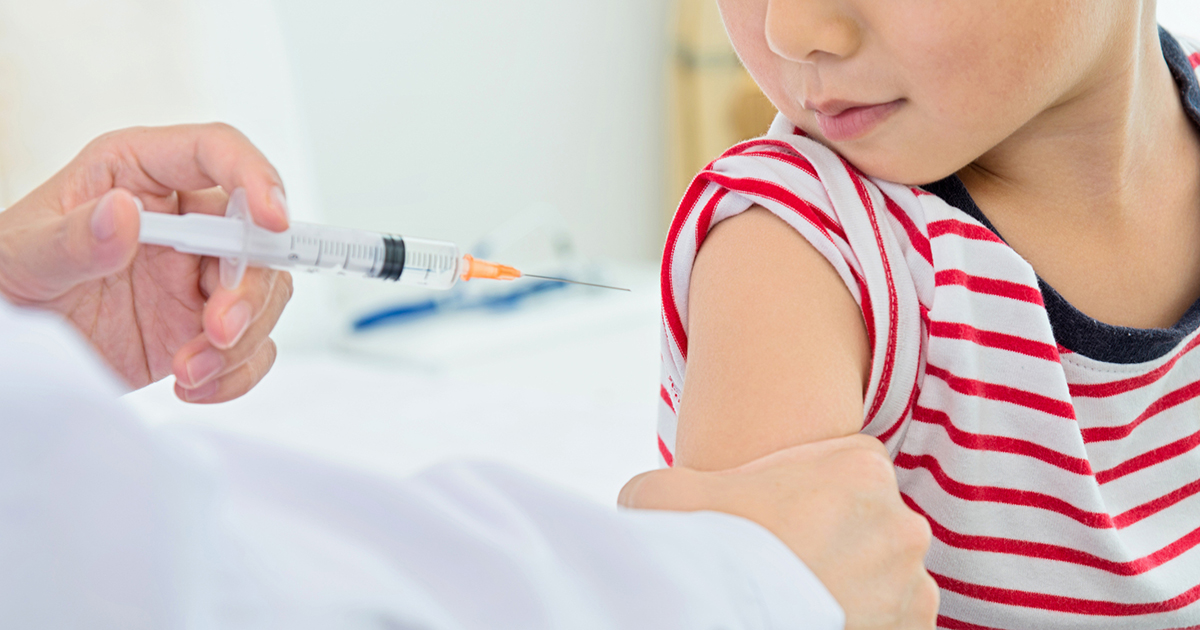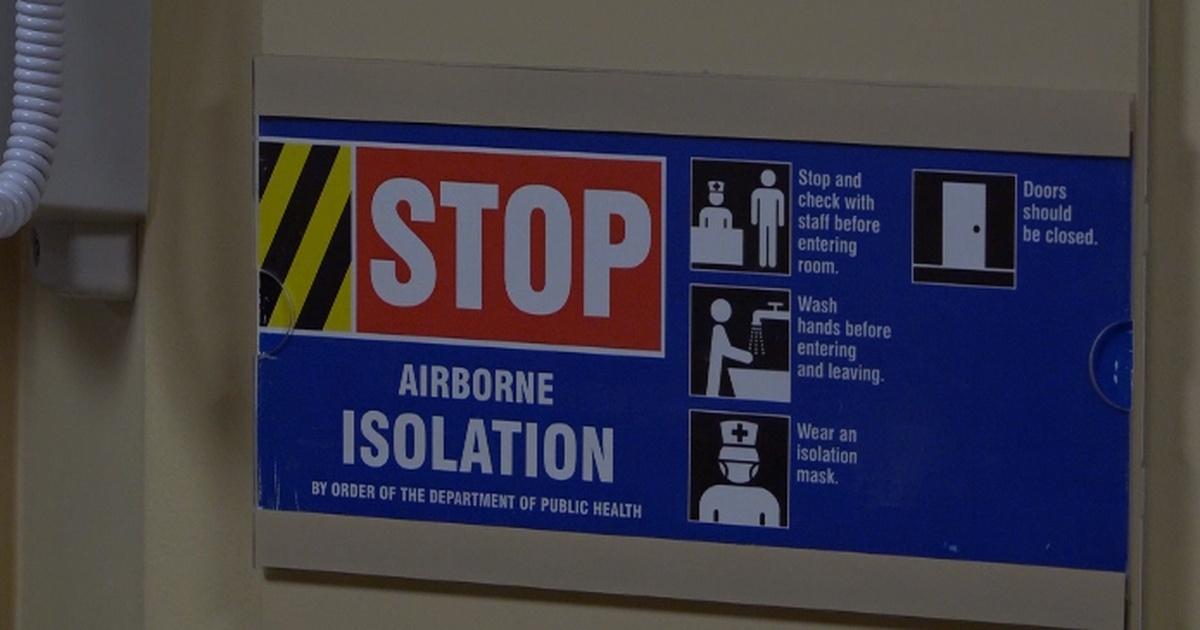Guide To The Prevention And Treatment Of Measles
Measles is a dangerous and highly contagious viral respiratory infection. An individual who has contracted measles will not have any symptoms until between seven and fourteen days after the first contact with the measles virus. Individuals infected with measles will first experience a runny nose, red eyes, hacking cough, and high fever. Between three and five days after symptoms begin, a rash on the skin begins to manifest, typically starting as flat, blotchy red spots on the forehead. The rash then spreads to the face, and then down the torso, arms, and legs. As long as measles symptoms are present in infected individuals, they are contagious. Because measles is caused by a virus, there is no way to cure it. The virus has to run its course, and treatment focuses on supportive measures. Thankfully, there are numerous ways measles can be prevented.
Get Vaccinated

An individual can prevent becoming infected with measles by getting vaccinated. There are two vaccines that can prevent measles. The MMR vaccine prevents an individual from contracting mumps, rubella, and measles. The MMRV vaccine prevents an individual from contracting chickenpox, mumps, rubella, and measles. It is important for all eligible individuals to get vaccinated, as it prevents a community outbreak of the measles. When a group of individuals chooses not to get vaccinated, infants and individuals who are ineligible to receive the measles vaccine are far more likely to contract the virus. Anyone undergoing cancer treatment, treatment with immunosuppressants, or has allergies to the ingredients of the vaccine are ineligible to receive it. Children under twelve months old are also not eligible. Any individual who is traveling internationally should get vaccinated because of the measles prevalence in Africa, South and Central America, some parts of Europe, and Asia. Getting vaccinated is the only effective way to effectively prevent measles.
Keep reading for details on treating the measles now.
Isolate From Others

One of the most important parts of measles treatment is isolation from others. As a general rule, individuals infected with measles should be isolated from others for at least four days following the development of the measles rash. Healthcare facilities usually place a highly contagious measles patient in an airborne infection isolation room (AIIR) to protect others in the facility. This includes those in nursing homes, hospitals, and long-term care facilities that have AIIR capability. When the use of an AIIR is not possible, the patient is placed in their own isolated room and is required to wear a mask. Any medical personnel, even if they are vaccinated, should wear personal protective equipment. Any medical equipment used on or was otherwise in contact with the measles patient should be isolated and sanitized. Individuals who have measles that do not require hospitalization are advised to self-quarantine in their home. A measles patient should not leave their home until they are no longer experiencing symptoms.
Learn more about the treatment of measles now.
